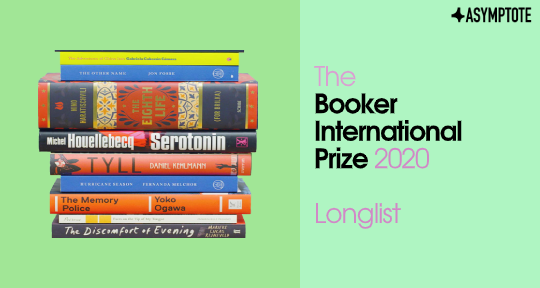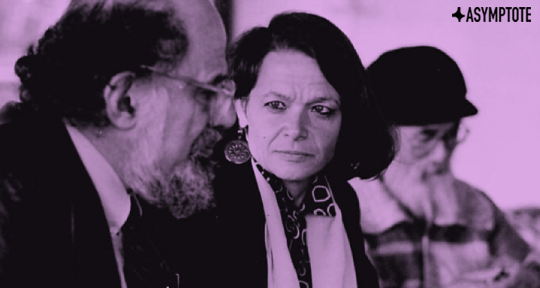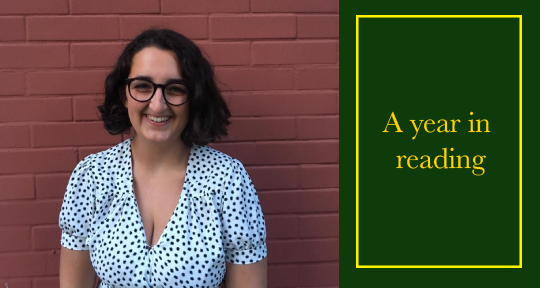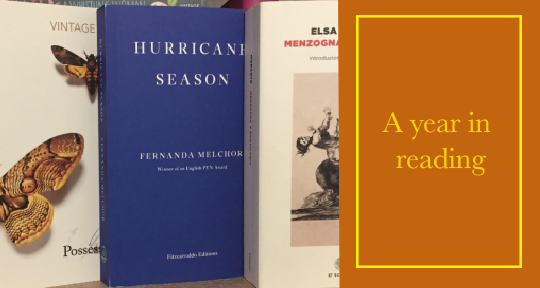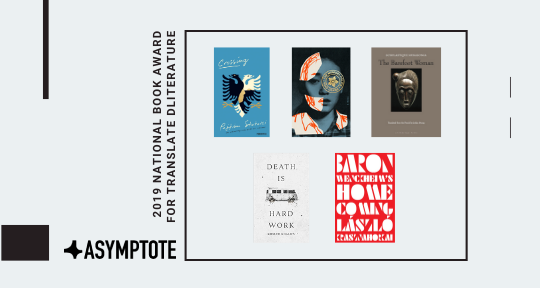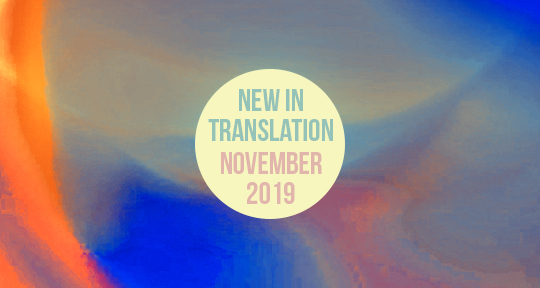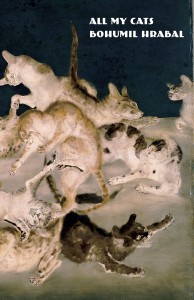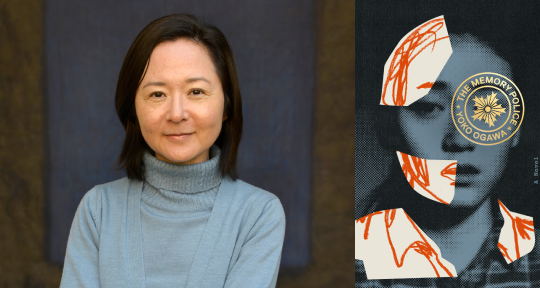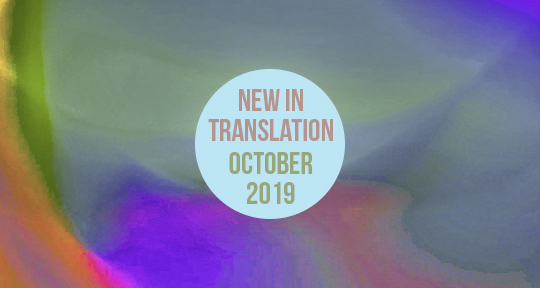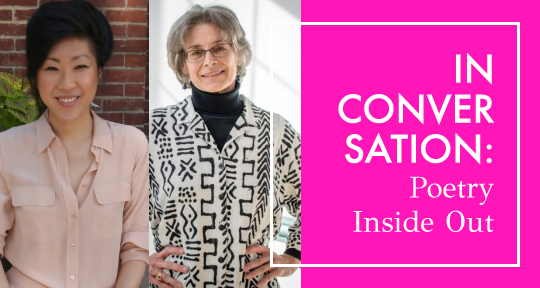Many countries around the world are now weeks into their lockdown, but literature continues to thrive and is necessarily concerned with the current crisis. In Albania, literary events are moved online whilst booksellers are expected to continue working; in France, a Romanian writer and opponent of the Romanian communist regime sadly passed away from coronavirus. In Tokyo, pandemic literature sees a revival. Read on to find out more!
Barbara Halla, Assistant Editor, reporting from Albania
There was a moment when it felt like an early April literary dispatch from Albania would just be a chance to mourn the events that I was excited about but that never came to pass. Albania registered its first cases of COVID-19 on March 8 and went into full lockdown less than 48 hours after. That obviously means that for almost the entire duration of March, literary news and activities have been scarce. There was one event that I was sad to see postponed: a panel and discussion to be held on the lost voices of Albanian women writers, something that was long overdue.
That being said, Albanians with a literary inclination have found other ways to remain engaged with their reading lists or interests. Radical Sense is a reading group that meets weekly in Tirana to read and discuss radical leftist texts at 28 November, a versatile bookstore/safe space for readers and activists, among its many other uses. Although the physicality of the charming attic where these discussions are held is sacred to the group, participants have taken a page from universities and workplaces across the globe and have just held their first online book club meeting through Zoom. Readings and discussion happen in English, so for those who live in Albania and are interested in participating, you can check in with the lovely owners of 28 November here for more details. READ MORE…



